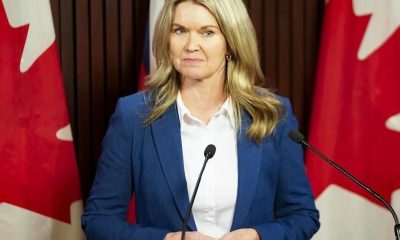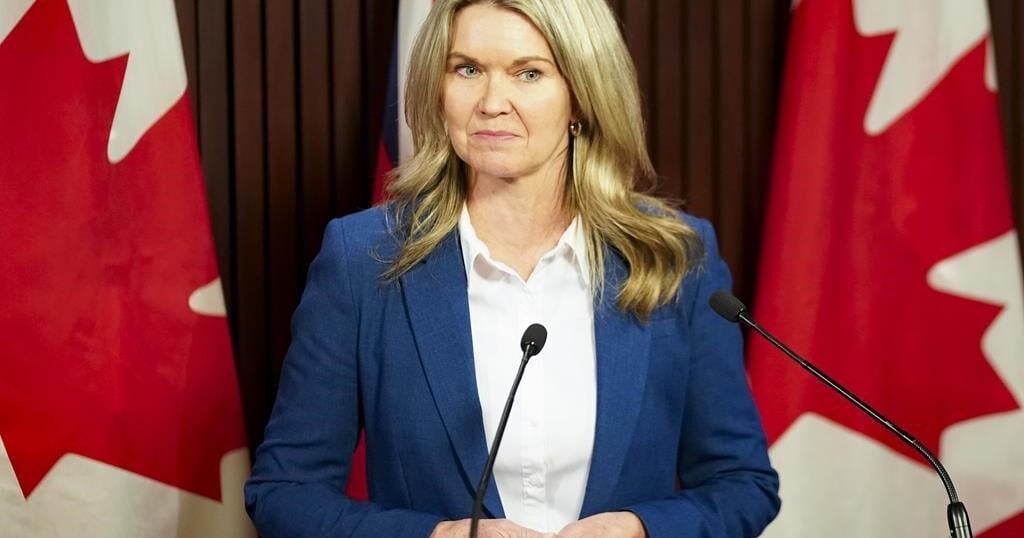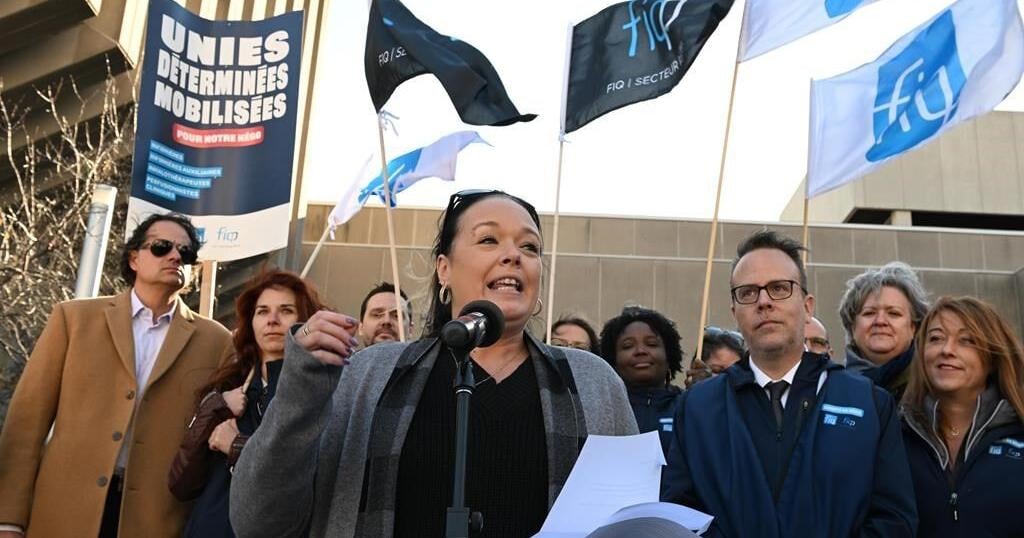TORONTO – Ontario’s education minister has asked officials to conduct a governance review of a Brantford-area Catholic school board after trustees spent $45,000 on a trip to Italy to buy $100,000 worth of art.
Trustees of the Brant Haldimand Norfolk Catholic District School Board promised to pay back the trip expenses, not long after they were reported by the Brantford Expositor, but Education Minister Jill Dunlop said more answers are necessary.
“While I acknowledge that the (board) is taking steps to fix their error in judgment, I remain concerned that accountability was only taken after my ministry and the public expressed clear concerns for the misuse of taxpayer dollars,” Dunlop wrote in a statement.
“With that in mind, I have asked my officials to start the process to conduct a governance review of the board.”
The Brantford Expositor reported that the art purchased in Italy included life-sized, hand-painted wooden statues of St. Padre Pio and the Virgin Mary, a large crucifix, sculptures depicting the 14 stations of the cross and a bust of Pope Francis.
Most of the art is destined for St. Padre Pio Catholic Secondary School, currently under construction, which the board wants to make a “flagship” school, the newspaper reported.
Board chair Rick Petrella initially told the Expositor that he and three other trustees travelled to Italy over the summer to meet artisans and commission the religious artwork.
“We looked at buying it off the shelf, but nothing stood out,” he told the newspaper.
But Petrella and the board of trustees now say in a subsequent statement that they regret the trip, and have promised to repay the expenses, as well as look at donations or other funding to offset the cost of the artwork to the board.
“We recognize that the optics and actions of this trip were not favorable, and although it was undertaken in good faith to promote our Catholic identity and to do something special for our two new schools, we acknowledge that it was not the best course of action,” they wrote.
The province is also conducting an audit of the Thames Valley District School Board in southwestern Ontario due to a staff retreat in Toronto that cost nearly $40,000, including a stay at the Rogers Centre hotel.
The ministry is also doing an expedited investigation of the Toronto District School Board after Premier Doug Ford raised concerns about a recent field trip, which saw students from 15 schools attend a protest on mercury contamination affecting a First Nation community in the north.
Videos of the protest on social media show some march participants chanting pro-Palestinian slogans, which prompted Ford to complain that teachers were trying to indoctrinate children.
This report by The Canadian Press was first published Oct. 18, 2024.






























